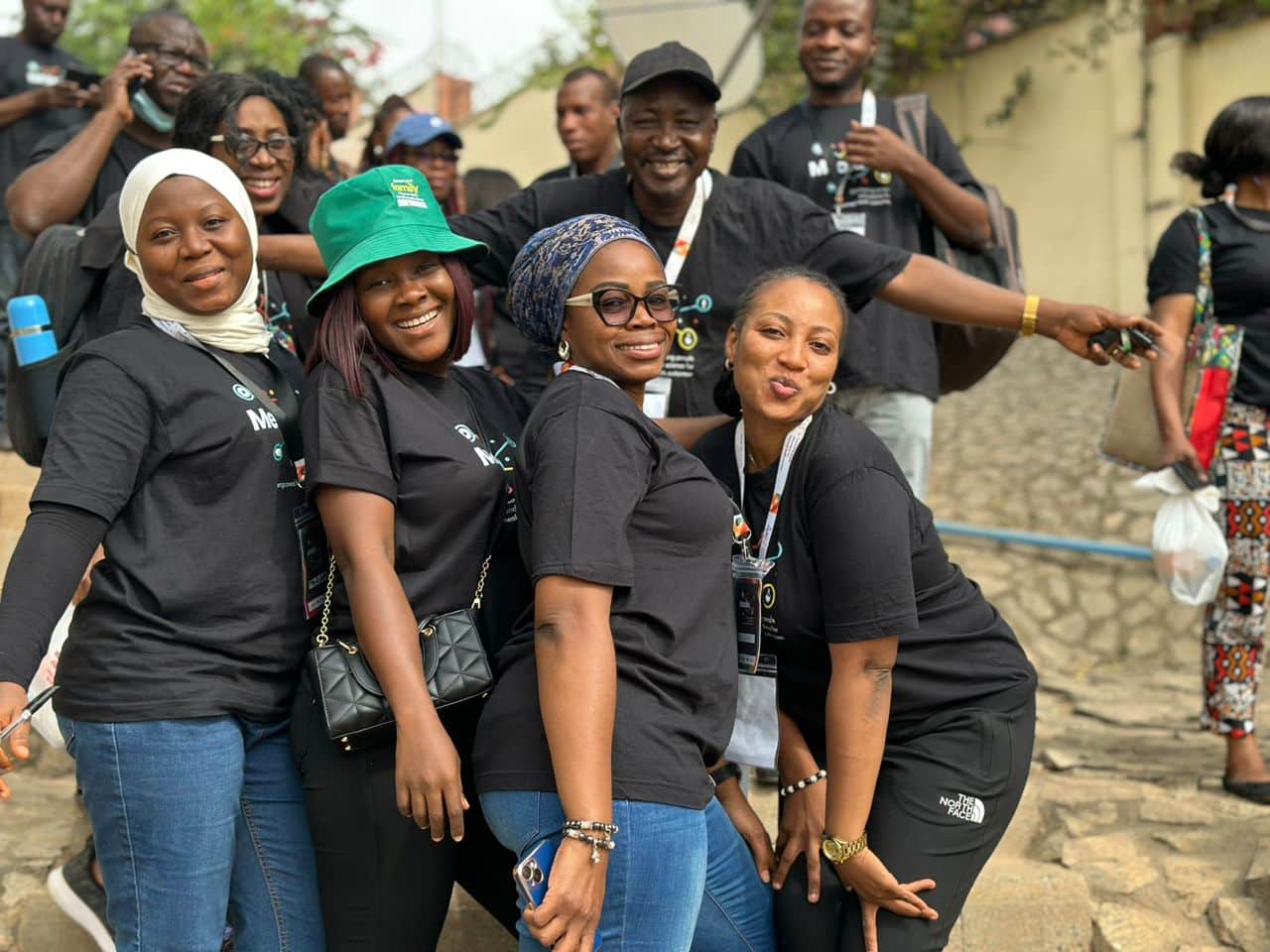The COVID-19 pandemic made it clear that every journalist, media producer, and social media influencer is indirectly a health reporter.
It also became evident that many journalists lacked the ability to translate science data into effective communication to mitigate the impact of the outbreak. And the COVID-19 pandemic was characterized by unprecedented levels of misinformation and disinformation. The result was often a struggle to separate facts from opinion, damaging vital public health messaging at a crucial moment.
In Nigeria, the Johns Hopkins Center for Communication Programs is working to ensure that, in future disease outbreaks, journalists will be trained to more ably discern facts from misinformation and disinformation, accurately interpret research studies, and increase reporting and promotion of accurate information on disease prevention and mitigation.
“In the same way that expecting a journalist who cannot tell the difference between a baseball and a cricket ball to report on both is problematic, it is troubling when journalists without an understanding of epidemiology and scientific reporting are left to effectively carry out the special role of agenda setting, reporting facts, developing content that guides their audiences, and countering misinformation and disinformation in a health outbreak,” says Olayinka Umar-Farouk, resident advisor and a deputy program director at the CCP-led Breakthrough ACTION-Nigeria project.
“In every society, journalists play a role in disseminating information. To do this better, journalists must be adequately trained as part of preparedness efforts for future outbreaks.”
Breakthrough ACTION-Nigeria, in collaboration with the Nigeria Centre for Disease Control and Prevention (NCDC) and the African Field Epidemiology Network (AFENET), has established a unique training program aimed at building the capacity of health-focused journalists and editors on basic epidemiology, infodemics and social and behavior change (SBC).
The overarching goal is to strengthen Nigeria’s capacity to prevent, detect, and respond to health events through effective science communication, risk communication and SBC, and coordinated management of misinformation.
The first cohort of 30 journalists began the nine-month course in October 2023. When it is complete, Breakthrough ACTION-Nigeria will have a trained, energized, and ready pool of journalists who can create effective and accurate stories for any public health emergency. This is critical, given the current diphtheria and Lassa fever outbreaks in several states in Nigeria.
“A good understanding of epidemiology will significantly empower journalists to guide the public to make informed decisions, take safe actions, and comprehend mitigation measures recommended with scientific guidance,” says AFNET’s Muhammad Shakir Balogun. “Journalists will contribute to combating negative infodemics, building trust between the population, science experts, and other relevant authorities, and ensuring that facts and truths aren’t buried in the noise that is mis/dis-information.”
In separate work, The Challenge Initiative, led by CCP in Nigeria, is also training media, in this case providing technical support and coaching to members of the media – both public and private – to acquire the skills necessary to promote and amplify family planning and adolescent and youth sexual and reproductive health information and services.
“Media performs a strategic role in information dissemination in any given society,” says CCP’s Taiwo Johnson, who leads TCI in Nigeria. “They determine what gets across to the public and regulate what issues should be regarded as important or otherwise by policymakers. The media can influence policymakers on issues related to maternal and child health and family planning and reproductive health, among others. It has great potential in promoting good sexual and reproductive health outcomes.”





